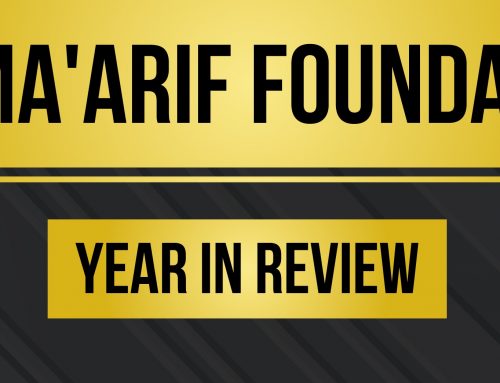Seminar and Q&A video
Resources
Coming soon: Comprehensive Khums Calculator App. Stay tuned!
Your Loan Niyyat
Receiving a loan from a non-Muslim financial institution with the condition of ribā (interest) is ḥarām. What does this mean for your mortgage, car loan, student loan, or other debt you may have?
Make the Correct Intention:
For loans, mujtahideen propose that these transactions would be valid if you initiate them with the niyyat (intention) of dhimān – a surety or liability that you intend to pay back, disregarding the interest aspect. Since it is now considered a loan Islamically, then a first-time home buyer would be able to utilize the khums exemption ruling provided by Ayatullah Sistani. (Review the resources on this page for more information on the exemption)
What if I already have a loan?
If you were unaware of this ruling at the time of signing your loan, then you can wait until the next renewal date to adjust your niyyat accordingly.
What about the Niyyat of istinqādh?
Initiating a loan with the niyyat (intention) of istinqādh means having the intention of taking the money without intending to pay the interest. You would be legally obliged to pay this interest, however it isn’t something you intended to do, if you had a choice. The money received from a bank with the intention of istinqādh would be halal, but it would not be considered a loan. Now, your debt is considered halal, however since it’s not a loan, you would not be able to utilize the khums exemption ruling provided by Ayatullah Sistani, unlike the niyyat of dhimān.









Leave A Comment